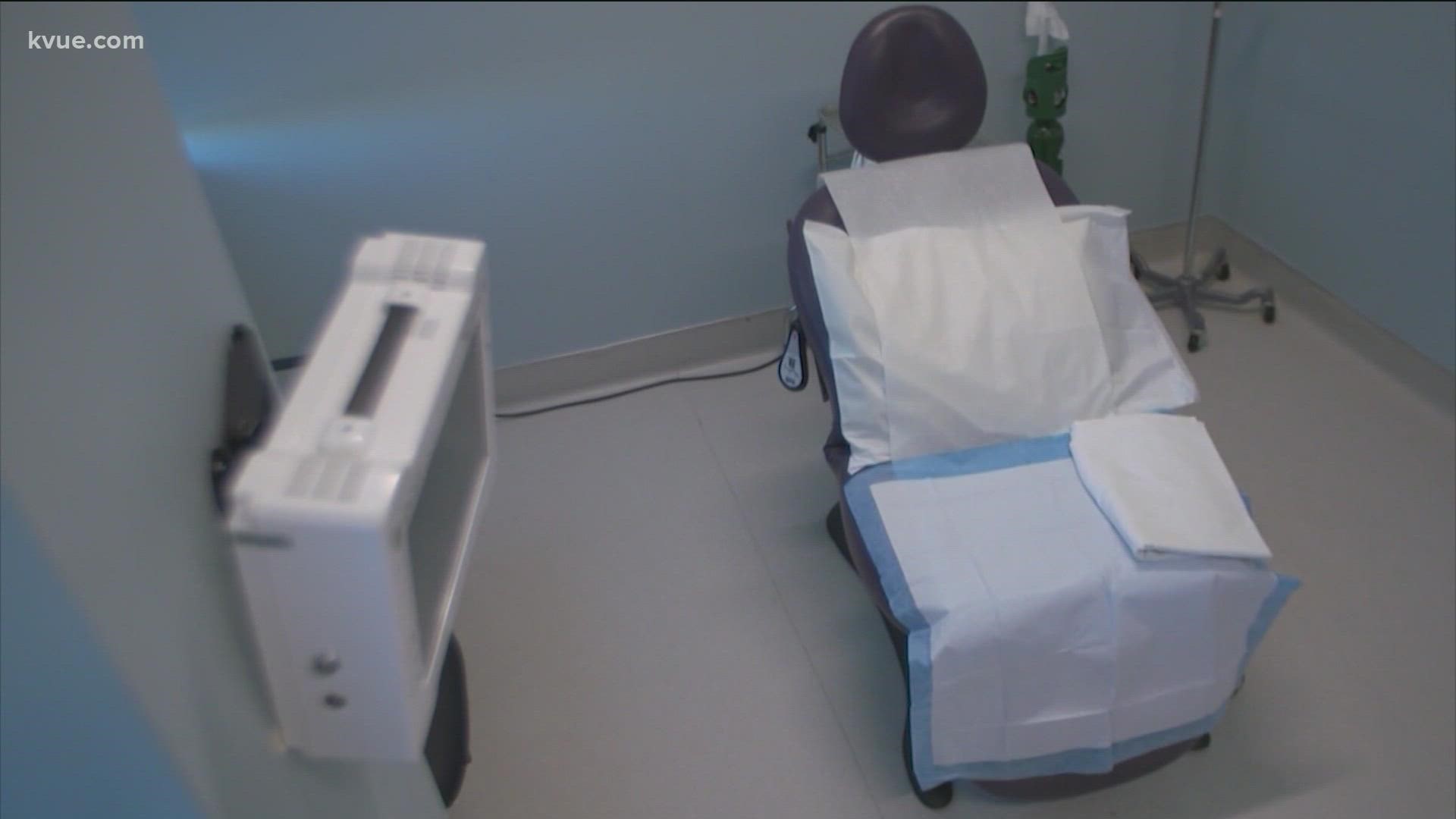AUSTIN, Texas — The U.S. Supreme Court has ruled to overturn Roe v. Wade, the longtime legal precedent guaranteeing the right of legal abortion in the U.S.
The court's 6-3 ruling in Dobbs v. Jackson Women’s Health Organization was a determination of the constitutionality of a 2018 Mississippi law banning most abortions after the first 15 weeks of pregnancy. The decision is likely to have major ramifications across the country.
At least 13 states have so-called "trigger laws" that immediately take effect upon the overturning of Roe v. Wade and ban all or nearly all abortions.
Texas is one of them. According to the language outlined in House Bill 1280, if Roe v. Wade was to be overturned, abortion in Texas would be prohibited and criminalized unless the mother's life is in danger. Anyone who violates this trigger law will face a second-degree felony and a civil penalty of at least $100,000.
Texas' total ban on abortions would start 30 days after a decision on Roe v. Wade.
Prior to the overturning of Roe v. Wade, Texas already had an abortion law in place that is more restrictive than Mississippi's.
In September 2021, Senate Bill 8, or the "Texas Heartbeat Act," went into effect. That law bans abortions once cardiac activity is detected in a fetus, which is typically at around six weeks gestation and before many women learn they are pregnant. The only exception is for medical emergencies.
Senate Bill 8 is not enforced by the State of Texas but rather allows almost anyone, anywhere, to sue a doctor who performed an abortion or anyone who "aides and abets" a woman in getting an abortion and recover $10,000. Persons who rape or commit incest against a woman and cause the pregnancy are the only ones who cannot sue under the Texas law.
PEOPLE ARE ALSO READING:

